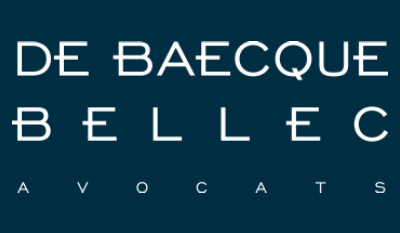The OAPI to protect trademarks in Africa
Trademark law is governed by the principle of territoriality: one country, one trademark right. The more companies orient their commercial activities internationally, the greater the need for protection. In addition to mechanisms such as the Madrid system of international trademarks (WIPO), there are regional groupings. Thus, some African countries have gone further in the standardization of intellectual property protection on their territories by setting up a very specific organization: the OAPI.
What is the OAPI?
The African Intellectual Property Organization (OAPI) is an organization created in 1962 by 12 African States. As it has changed, it has become stronger and has integrated 5 new members.
The current members are the following: Benin, Burkina-Faso, Cameroon, Central African Republic, Chad, Comoros, Congo, Côte d’Ivoire, Equatorial Guinea, Gabon, Guinea, Guinea Bissau, Mali, Mauritania, Niger, Senegal, Togo.
OAPI’s main mission is to ensure the uniformity of intellectual property protection throughout the territories of its member states. In doing so, it wishes to encourage foreign states to protect their intangible assets on their territories and thus stimulate local innovation.
How does the OAPI work?
OAPI implements and applies a uniform law (the Bangui Agreement and its annexes) on the 17 territories of the member states. It has a particularity compared to other international systems. Indeed, no national filing is possible in the territories.
Applicants must file their forms directly with OAPI. They can also file with a National Liaison Structure (NLS) which transmits the form to the organization’s headquarters. At the end of the procedure, a single title will be granted to the owner, granting protection for the trademark in all territories.
The protection is granted for a period of 10 years, renewable indefinitely.
The conditions for trademark protection are similar to those of French and European law: the trademark must be a distinctive sign, lawful and available.
How are trademark disputes handled?
The courts of the Member States hear disputes relating to titles within their jurisdiction. The decisions thus rendered on the validity of titles have the authority of res judicata in the other countries (except those based on public policy or morality). This is also one of the major features of the system set up by OAPI.
An opposition procedure before the OAPI makes it possible to invoke prior rights to avoid the registration of an infringing sign. The administrative dispute is brought before the Director General of OAPI and can be appealed before the OAPI High Commission of Appeal, a body composed of magistrates who are nationals of OAPI member states.

Stephane BELLEC
Trademark attorney
Stéphane Bellec, Attorney, Partner Cabinet De Baecque Bellec
Intellectual property attorney
Tél. + 33 (0) 1 53 29 90 00
